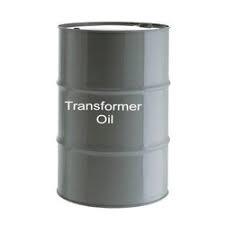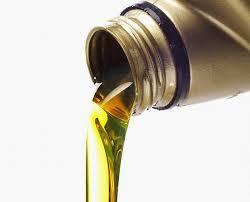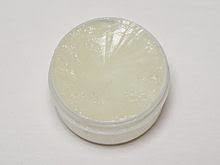Hydraulic Oil
Product Details:
- Type Hydraulic Oil
- Use Industrial
- Color Yellow
- Pack Type Bucket
- Click to View more
Hydraulic Oil Price And Quantity
- 400 INR/Liter
- 18 Liter
Hydraulic Oil Product Specifications
- Bucket
- Hydraulic Oil
- Yellow
- Industrial
Hydraulic Oil Trade Information
- Mumbai
- Cash Against Delivery (CAD) Cash on Delivery (COD) Cash Advance (CA) Days after Acceptance (DA) Cash in Advance (CID)
- 100 Liter Per Day
- 05 Days
- All India
Product Description
Hydraulic oil is a specially formulated fluid used in hydraulic systems to transmit power. It serves as a medium for transferring energy within hydraulic machinery, such as lifts, cranes, and excavators. Here's a detailed description:
Composition: Hydraulic oil is typically composed of base oils, additives, and sometimes viscosity modifiers. Base oils can be mineral oils, synthetic oils, or a blend of both. Additives are included to enhance the oil's performance characteristics, such as oxidation resistance, corrosion protection, and viscosity index improvement.
Functionality: Hydraulic oil serves several critical functions within hydraulic systems:
-
Transmission of Power: It transfers force within the hydraulic system, allowing machinery to perform various tasks such as lifting, pushing, or pulling heavy loads.
-
Lubrication: Hydraulic oil lubricates moving parts within the hydraulic system, reducing friction and wear on components.
-
Heat Dissipation: It helps in dissipating heat generated during hydraulic system operation, preventing overheating and ensuring efficient performance.
-
Seal Conditioning: Hydraulic oil helps in conditioning seals and O-rings, preventing leaks and maintaining system integrity.
-
Contamination Control: It helps in suspending and carrying away contaminants like dirt, debris, and moisture, thereby protecting system components from damage.
Properties: Hydraulic oils are characterized by several properties, including viscosity, viscosity index (VI), pour point, flash point, and oxidation stability. Viscosity is particularly crucial as it determines the oil's ability to flow and provide adequate lubrication under various operating conditions.
Types: Hydraulic oils come in various types, each tailored for specific applications and operating conditions. Common types include:
-
Mineral Hydraulic Oils: These are formulated from mineral base oils and are suitable for general-purpose hydraulic systems operating under normal conditions.
-
Synthetic Hydraulic Oils: Formulated from synthetic base oils, these offer superior performance in extreme temperatures, high pressures, and demanding operating conditions.
-
Biodegradable Hydraulic Oils: Environmentally friendly alternatives, typically derived from vegetable oils, designed to minimize environmental impact in case of leaks or spills.
Standards: Hydraulic oils are often manufactured to meet industry-specific standards and specifications, such as those set by the International Organization for Standardization (ISO) and the American Petroleum Institute (API).
Maintenance: Regular maintenance of hydraulic systems, including monitoring oil levels, checking for contamination, and changing the oil at recommended intervals, is essential for optimal performance and longevity of hydraulic equipment.
Overall, hydraulic oil plays a crucial role in the smooth and efficient operation of hydraulic machinery across various industries.

Price:
- 50
- 100
- 200
- 250
- 500
- 1000+








